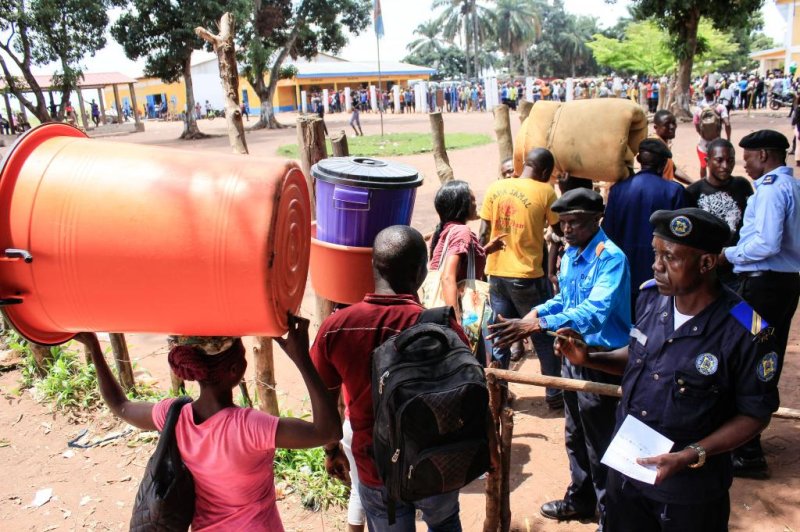March 12 (UPI) -- More than 500 civilians were killed and 111 injured in the Yumbi territory of the Democratic Republic of Congo in December, a special mission by the U.N Joint Human Rights Office found.
The violence committed there, including the decapitation of a toddler and the burning of people alive in their homes, could be considered crimes against humanity, the office said.















